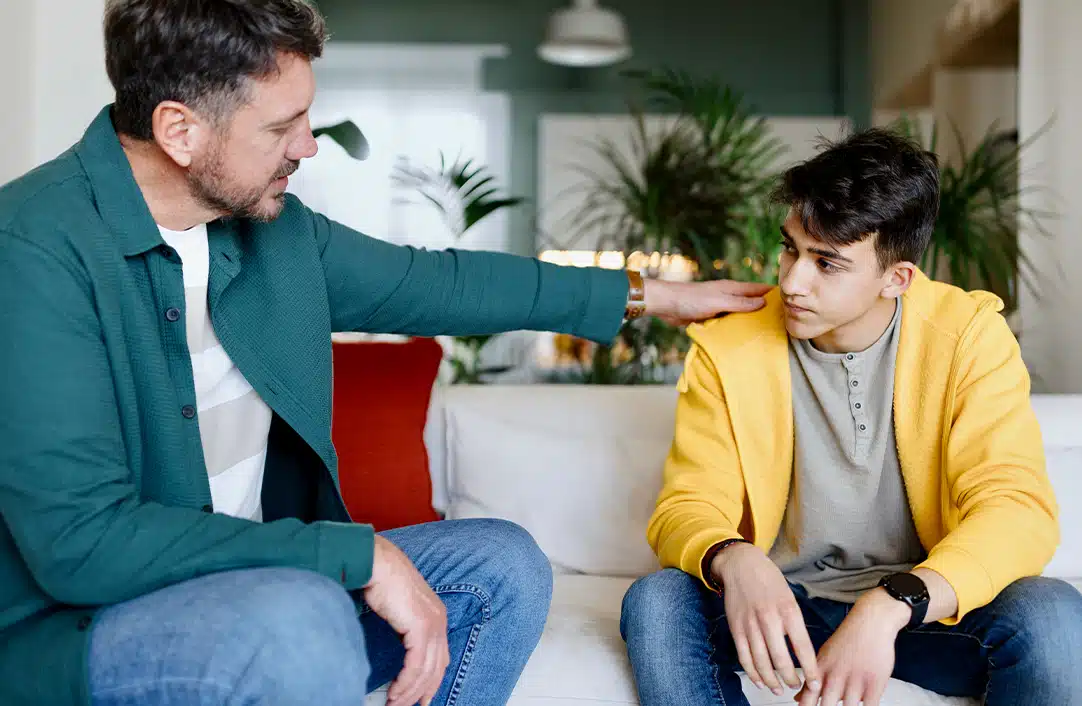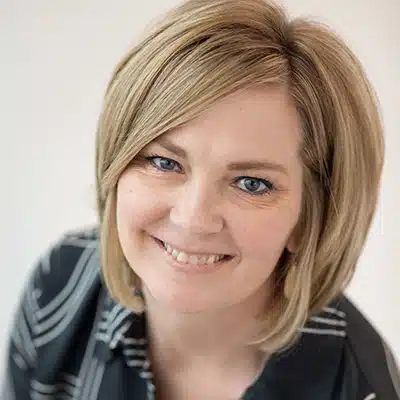
Protecting LGBTQ+ Youth from Sexual Abuse
Sexual abuse affects people from all walks of life, including people of every religion, race, socioeconomic status, and gender. But while there is risk to any child, there are certain populations and demographics that are at higher risk of sexual abuse; one of those groups is children who belong to the LGBTQ+ community.
Percentages and Statistics of Sexual Abuse Among Queer Youth
Statistically, 1 in 5 children in the US will experience sexual abuse before reaching adulthood. But in a 2011 study, LGBTQ+ youth were nearly four times more likely to experience sexual abuse1. There are several reasons that contribute to the increased risk. LGBTQ+ youth may not know others within their social circle with similar sexual preferences or interests, which may result in them looking for connection and relationships outside of familiar social situations or groups. This can be especially dangerous when youth are venturing into online spaces in search of relationships because the person on the other end of the chat or dating app may not be who they claim to be, and instead are exploiting the vulnerability of the youth’s sexual minority status. Additionally, some youth aren’t “out,” because of concerns about no longer being accepted by family or friends. This pushes their dating and relationships “underground,” where their vulnerability is heightened because the secrecy means no one knows who they’re seeing, nor can others intervene if exploitation were to occur.
Mental Health and LGBTQ+ Youth
One thing that stands out in the research around child sexual abuse is that when a child is struggling, they are more vulnerable to sexual abuse. This is especially true of youth experiencing mental illnesses or loneliness. Sometimes that’s because youth with mental health concerns cope by engaging in high-risk activities like drugs or alcohol; it may also be that depression, anxiety, or loneliness makes them especially vulnerable to being groomed. Whatever the reason, monitoring youth’s mental health is an important part of protecting a child from being sexually abused.
And this is yet another reason why our LGBTQ+ kids experience higher risk of sexual abuse. Sadly, this demographic is more likely to deal with depression, anxiety, loneliness, isolation, or rejection2. In fact, LGBTQ+ youth are also more likely to be placed in the foster care system or experience homelessness—both of which are major vulnerabilities for sexual abuse in and of themselves3. And, tragically, LGBTQ+ youth are four times more likely to attempt suicide than their peers4.
What's encouraging is that research confirms that when LGBTQ+ youth have a supportive and safe home life—meaning that parents accept and love the child for who they are and provide a safe space for self-expression and self-discovery—the support and safety serve as protective factors5; the youth are less likely to experience major mental health challenges and are more likely to be open with their parents and family about experiences with dating and relationships. Demonstrating support and safety within the home can be as simple as displaying an LGBTQ+ flag, which serves as a symbol of strength and unity, or asking questions about the community with genuine curiosity and love.
While the importance of family support and acceptance can’t be overstated, it can also be challenging for parents and families to know how to respond to a child who comes out, and sometimes family values or religious beliefs are challenged by the idea of a LGBTQ+ child. In these situations, finding a support center or therapist may help family members navigate communication and create safety. We love the work happening at Encircle in the western United States because of their approach to supporting LGBTQ+ youth with community, support, and safety while also helping the whole family move forward in positive, healthy ways. Another great resource for parents of queer youth is Mama Dragons; they offer an important course on recognizing and preventing suicide in LGBTQ+ youth. And if queer youth are experiencing suicidal thoughts, the Trevor Project provides support directly to LGBTQ+ youth. It may be beneficial to find a similar centers or services near you that can help your family support and protect your LGBTQ+ child.
Symptoms of Sexual Abuse
Because LGBTQ+ youth are more vulnerable to sexual abuse, it’s important to talk with them about situations that are especially risky, and to keep communication open. Make sure your child knows that they can talk to you if anything happens that makes them feel uncomfortable or scared, or if they are pressured by someone to keep anything a secret from you. Talking openly about methods of grooming, the importance of sharing where and with whom your child will be, and checking in on how they’re feeling can help you identify any red flags.
Additionally, it’s important to pay attention to changes in their sleeping or social activities, especially if they experience sudden and intense changes like nightmares or sleeping all the time, or withdrawal from family or friends. Of course these symptoms can be associated with the normal ups-and-downs of going through puberty, but it won’t hurt to check-in and ask if everything is okay because these can also be signs of sexual abuse. And while physical indicators can exist (vaginal or other infections, bruises, sores, abrasions, etc.), it’s more common for a parent to notice changes in behavior.
It’s also important to know that disclosing sexual abuse is usually a process, so if you suspect something has happened, realize that your child may not be ready to talk about it yet. Reassure them they are safe with you, that they will not be in trouble, and that if they do decide they want to tell you something, you’ll be ready to listen and help.
Resources for Survivors of Sexual Abuse
If you or someone you love is a survivor of sexual abuse or violence, it’s important to know that there are resources available that may help facilitate healing. At Saprea, we host Retreats, offer a Healing Webinar, and facilitate Support Groups for adult female survivors, and we hope to secure funding to expand our services to more survivors in the near future. Additionally, the Rape, Abuse & Incest National Network operates a hotline that may be helpful in connecting individuals and families to local resources.
Because LGBTQ+ youth may already feel marginalized, seeking out sexual abuse survivor resources that serve their specific community may be incredibly important. Programs like the Connecticut Alliance to End Sexual Violence, the Wisconsin Coalition Against Sexual Assault, the Oasis Youth Center, and the Boston Area Rape Crisis Center are examples of resources that recognize the importance of identifying or offering services tailored specifically to the LGBTQ+ community. Check to see if something similar exists in an area near you.
While aspects of a person’s sexual orientation or gender identity may increase risk of sexual abuse or violence, understanding the increased risk empowers parents. Knowing what to watch for, keeping communication open, offering support, and talking to your child may make all the difference in protecting them from sexual abuse. And if a situation arises where they are victimized, seek out programs and services that can provide support and healing, and remember that there are organizations whose area of focus is helping LGBTQ+ youth (and their families) thrive.
About the author
Kolene Anderson
Research and Program Development Manager
Recent blogs

Common Symptoms Experienced by Adult Survivors of Child Sexual Abuse

Statute of Limitations on Sexual Abuse

